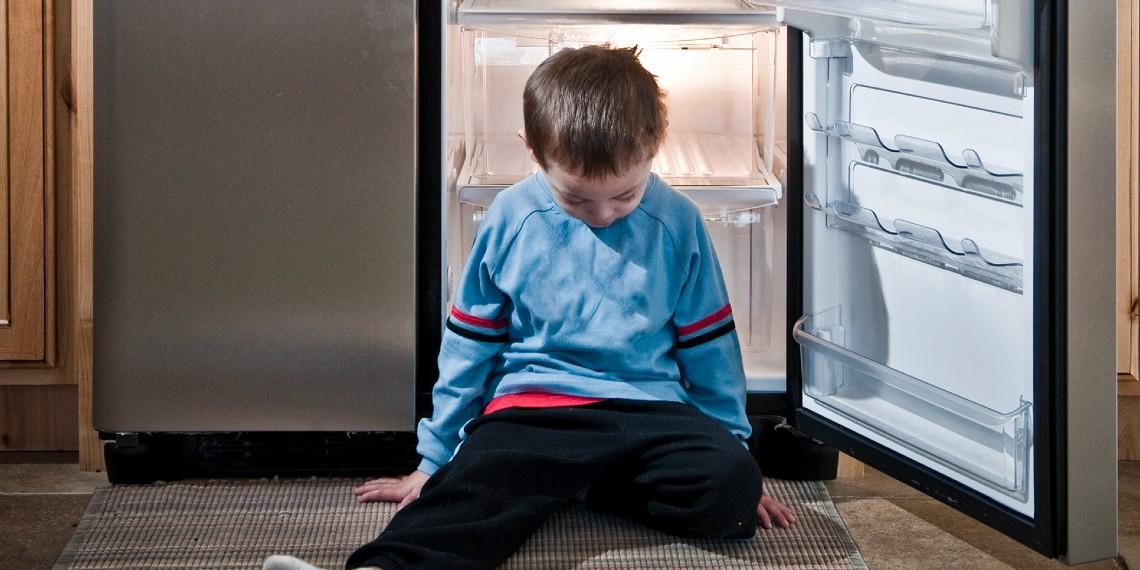You are here
Food For Thought: Disrupting Food Insecurity in Aotearoa

Are foodbanks truly helping our people whānau and communities? Or are we creating more dependency? Why do we have these major food-related issues in such a wealthy and food-prosperous country, particularly for lower income people and whānau? These are just some of the questions that flood my mind when looking at issues around food insecurity and poverty in Aotearoa New Zealand.
This short advocacy paper tries to address some of these questions by offering ideas for policy and wider social and community change. To be honest, this paper will probably raise more questions and challenge the status quo of how we currently respond to these food challenges. In our Covid-19-influenced society—facing numerous other political, social, cultural, ideological and whānau-related uncertainties and issues—applying different, innovative and new thinking to complex problems like food insecurity is critical to ensure we do not settle in an unhelpful status quo. To do so would lead to these food problems continually swamping us.
We only need to look at our daunting housing issues to learn what happens when our innovation, legitimate alternatives and targeted activity do not keep pace with the problem. Therefore, this advocacy paper is an offering to explore how we can begin to think differently about disrupting and improving the state of food insecurity in Aotearoa.
For enquiries contact: Ronji Tanielu, Social Policy Analyst, +64 21 536 892